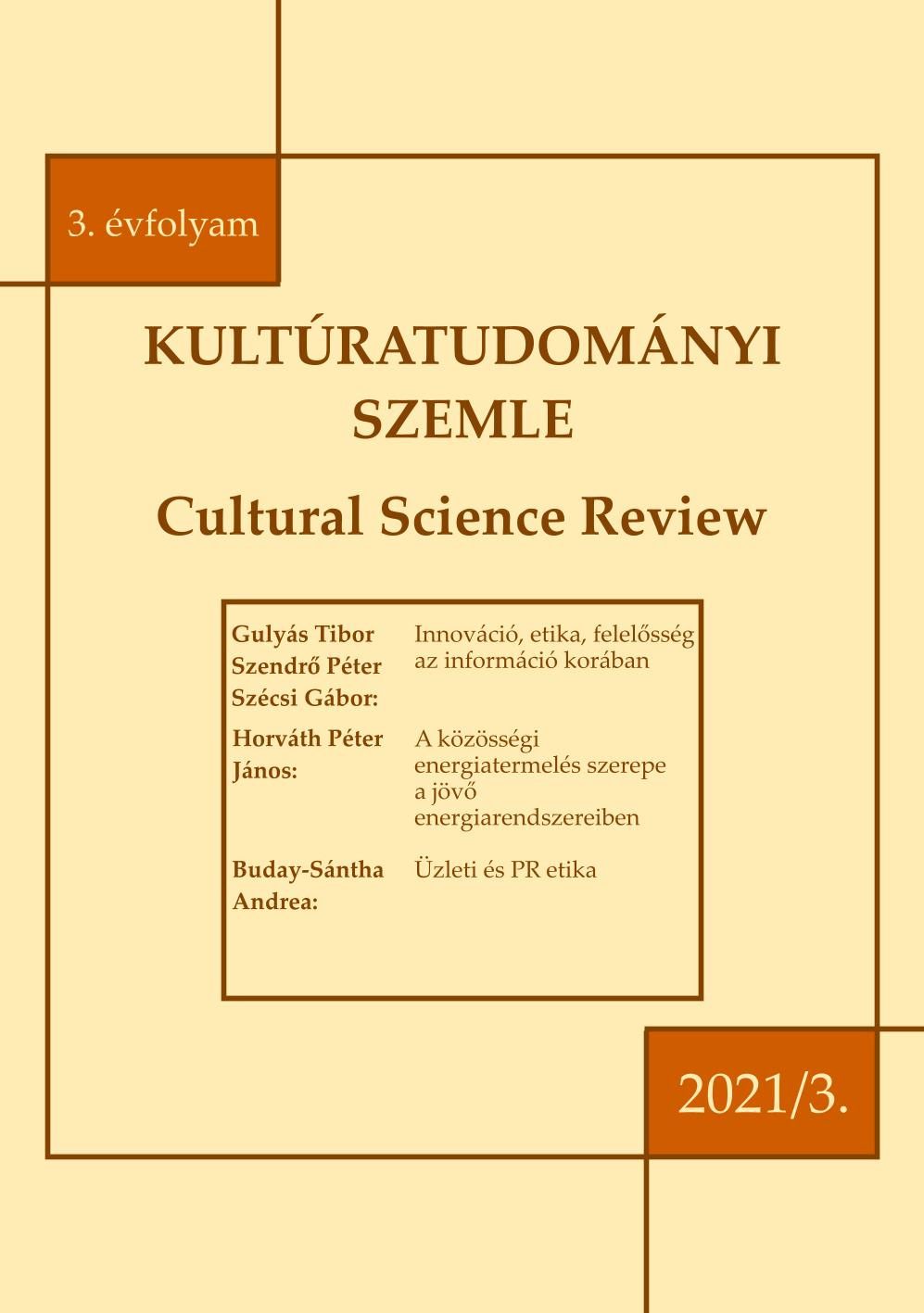A tradíció új formái?
DOI:
https://doi.org/10.15170/KSZ.2021.03.03.08Absztrakt
New forms of tradition?
Anna Mária Bólya
The questioning of my post concerns all ethnographic researchers. The entire ethnographic literature confirms the culture that we call traditional, which has been sustainable for tens of thousands of years, practically no longer exists or transformed in areas of the world imbued with global culture. A parallel process is the emergence of the profane thinking described by Eliade, which emerges with the transformation of the past, human-scaled religious thinking, consists of the surrogates of religious models of the pre-modern human. I will
take a concrete example: in connection with the celebration of very significant Twelfthday/ Epiphany customs and extensive physical contact with water in the orthodox world today, I ask the question: whether the traditional forms of action themselves can be revived. Even without the original folk belief content.

